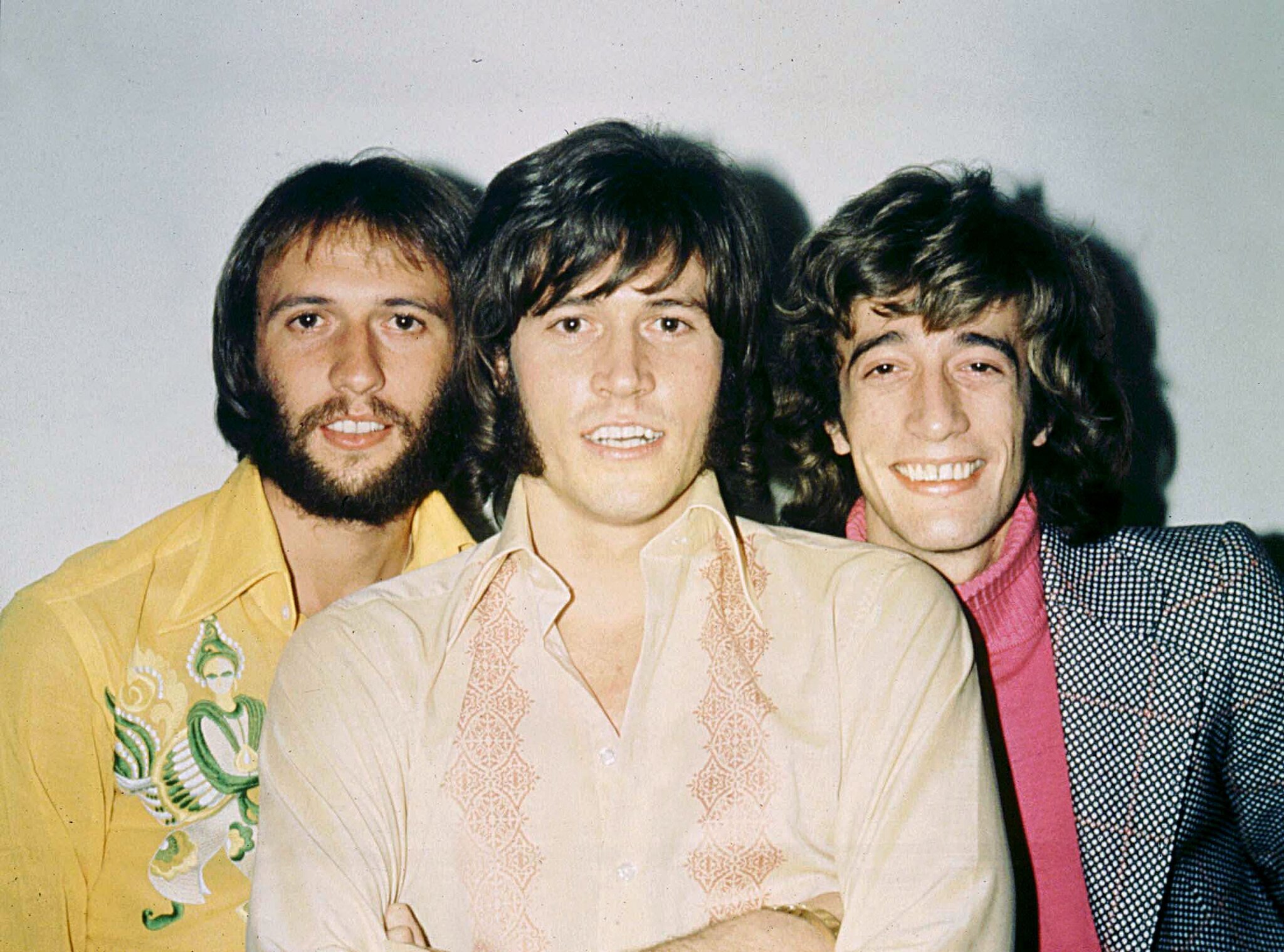
“Alone” is the Bee Gees’ late-career confession that love can vanish without drama—leaving only the quiet echo of footsteps in a hallway, and a heart learning to live with its own voice.
In early 1997, the Bee Gees returned to radio with “Alone”, and the world responded as if an old friend had written at exactly the right hour. The single first hit the UK chart on March 1, 1997, entering at (and peaking at) No. 5 on the Official Singles Chart. In the United States, it debuted on the Billboard Hot 100 at No. 34 (debut chart date June 7, 1997) and climbed to a peak of No. 28—their final Top 40 hit on that chart, a gentle but unmistakable milestone in a career that had already lived several lifetimes.
The song belongs to their 1997 album Still Waters (Run Deep), released March 10, 1997 in the UK (and later in the U.S. on May 6, 1997), a record shaped with an unusually broad circle of collaborators and producers while still sounding unmistakably like the brothers’ handwriting—melody first, harmony as the emotional spine. On “Alone,” Barry Gibb and Robin Gibb alternate lead vocals, often in that familiar, aching falsetto—like two versions of the same memory speaking from different corners of the room.
That’s the important “public” story—dates, charts, the return. But the deeper story is what the song is really doing: it’s not trying to sound young. It’s trying to sound true.
By 1997, the Bee Gees didn’t need to prove they could write a chorus. They needed to prove something rarer—that after the disco fireworks, after the arena years, after all the reinventions, they could still stand in the simplest emotional weather and describe it without flinching. “Alone” is built on that kind of honesty: the kind that doesn’t shout “I’m devastated,” but quietly admits the world has changed shape. The word alone is so plain it almost feels childlike, and that’s precisely why it hurts. When people are truly lonely, they don’t reach for sophisticated vocabulary. They reach for the smallest word that fits the biggest emptiness.
Listen to how the song moves: it doesn’t rush to impress you. It paces itself like someone walking through familiar rooms after someone else has gone—touching the edges of old routines, turning memories over like photographs, discovering that the house is still standing even though the warmth isn’t. The Bee Gees were always masters of the romantic peak, the soaring declaration. Here, they turn their craft toward the quieter afterlife of love—what happens when the declarations are over and the silence does the talking.
It also mattered, culturally, that “Alone” landed the way it did in the UK and on the American Hot 100. This wasn’t nostalgia as museum glass. It was nostalgia as living breath—proof that a mature pop ballad could still compete in a decade that often prized cool detachment over vulnerability. Even British trade press caught that “instantly familiar” Bee Gees signature—the harmonies, the pop craftsmanship—while treating the single like a real chart contender rather than a heritage act’s footnote.
And if you step back, the song’s meaning starts to widen. “Alone” isn’t only about losing a lover. It’s about the human fear that time will outpace us—that life will take people, eras, and certainties, and leave us standing with our own thoughts. That’s why the chorus lands the way it does: not like melodrama, but like recognition. We’ve all had moments when the world felt suddenly larger than our own arms, when we realized we couldn’t hold what we wanted to hold.
In that sense, “Alone” is a late-career triumph precisely because it’s not flashy. It’s a candle, not a spotlight. And it’s hard not to hear a quiet grace in the fact that it became the Bee Gees’ final U.S. Top 40 hit—not a party record, not a dance-floor command, but a tender admission sung in harmony.
Some songs chase youth. “Alone” does something braver: it honors the way feeling deepens with time, and it lets three brothers—Barry, Robin, Maurice—sound like what they always were at their best: men turning longing into melody, and making loneliness, for three minutes, feel a little less solitary.